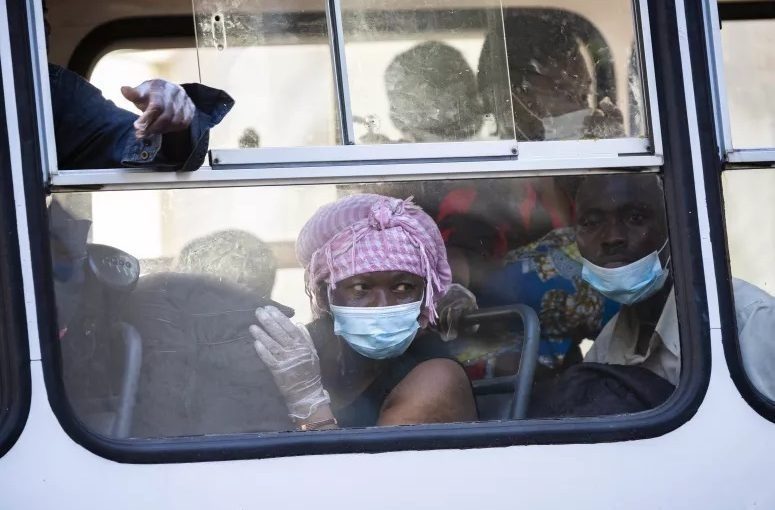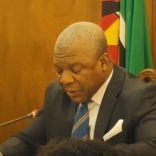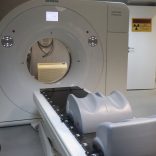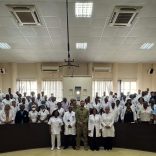Mozambique: Cabo Delgado wants to revive Covid-19 protocol to curb mpox cases - Watch
School re-opening: “There will be no pressure on public transport”

File photo: Lusa
Deputy Minister of Transport Manuela Rebelo says that the reopening of schools will not put as much pressure as is thought on the public transport sector, and that the extension of working hours and the use of school buses will allow the largest possible number of students to travel.
The first phase of the return to school begins on the 27th of July, despite an increasing number of COVID-19 cases in the country, and covers only Grade 12 and teacher training students.
“Bearing in mind that classes do not start for every student, we will have no problem,” Rebelo said. “We are also sure that many of these students live close to schools, so they are not going to put a lot of pressure on us. But we are doing the work, we are looking [into the issue],” Rebelo said.
At the moment, the idea is to increase the number of passengers on buses from 50 to 70, as well as extending the hours of operation until 10:00 p.m..
In the second phase of any return to school, the sector would study further strategies to guarantee transportation for students without putting their health at risk, Rebelo said.
“Normally, we cannot say that we have a stable transportation situation in the country, but we are concerned with stabilising the scenario,” she acknowledged.
There are 96 bus routes which transport students in the Greater Maputo metropolitan area alone. These will have the additional support of school buses.
“There is also school transport, which is another aspect which is not managed by us, but that the state has allocated to municipalities to license in order to support the return to school. There are no problems from the point of view of this transport,” PCA of the Metropolitan Agency of Maputo António Matos said.
In addition to being able to take school transport, students will have priority on buses to ensure that they are not late for classes.
“We are working on this problem of students not being able to pay for school transportation, because between a stoppage (as now) and making discounts for students who do not have a contract with that medium [the school bus], what is the added value?” Castigo Nhamane, president of FEMATRO, asked rhetorically.
Nhamane said that FEMATRO was working to ensure that students would find space on school buses “without having a contract with the owner. Of course, it will not be for free – students will pay the normal rate”.
These conclusions were announced in Maputo today on the side-lines of the delivery of preventative material to buses operating in the Greater Maputo metropolitan area.
By Dário Cossa













Leave a Reply
Be the First to Comment!
You must be logged in to post a comment.
You must be logged in to post a comment.